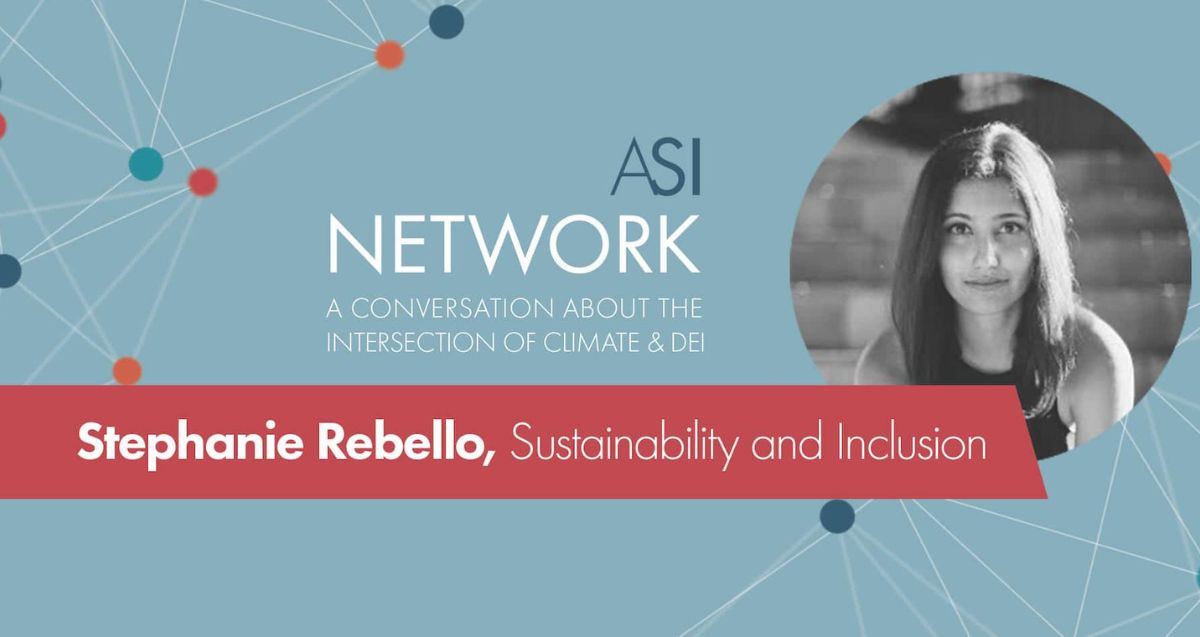The job of sustainability professionals has changed.
Widespread social movements and growing climate concerns have surfaced a critical need to evolve corporate sustainability strategies. As a result, sustainability professionals are increasingly focused on decentralizing Diversity, Equity & Inclusion (DEI) and climate work, and embedding them within all facets of their organizations. Stephanie Rebello, Manager of Sustainability and Inclusion at LoyaltyOne (AIR MILES) is at the forefront of this evolution. She joined ASI’s Nicole Doray to discuss shifting corporate sustainability strategy to incorporate the twin impacts of climate action and diversity, equity & inclusion. Their conversation delved into the dynamics of rapidly evolving roles, and teased out some refreshing insights about new directions for sustainability work. Here are some highlights from their ASI Network conversation:
Shifting culture through collaboration and engagement
There is a transition from corporate social responsibility to corporate social justice taking place, as the process of setting and pursuing ambitious climate impact goals at the corporate level reveals common denominators between environmental and social impacts. The implementation of DEI can help to address this connection effectively, but internal teams from across an organization need to be engaged in ways that are meaningful and impactful to them.
Rebello has found that collaboration and co-design approaches are key. Her approach opens the space to highlight what drives value for each team’s specific strategies, goals and roadmaps. By ensuring buy-in early on, Rebello’s team members can see the potential benefits in new programs from the start. Together, they can then build effective tactics and pull towards shared goals. Momentum builds from that process.
Evolving metrics and KPI’s
A collaborative approach incorporates ongoing dialogue to open the space for values- and impact-driven reflection and input. Rebello has found that these conversations trigger insights into the broader picture of collective impact and interconnected activity of the organization. That’s important because moving from the dominant business case of short-term ROI to measurement aspects like social impact is a slow process. The benefits are hard to see without a shift in mindset.
Developing this understanding of your organization’s unique baseline of impacts helps to move beyond a one size industry standard model of impact measurement. Rebello calls it a data-driven approach, one which assigns qualitative value to lived experiences. Embedding the rich complexity of qualitative experience into existing measurement systems helps to establish an iterative mix of both qualitative and quantitative benchmarks. In this way, impact measurement frameworks can evolve from traditional KPI’s – like dollars invested in a community – to metrics more fit for purpose, such as building community trust.
The challenge of inclusive co-design
Rebello emphasized that sustainable solutions are only effective when those who are impacted are at the table and given a voice in the co-design process. Embedding the lens of sustainability and DEI into the business model requires so much intention. Finding representative design tables and the experience of communities is a significant challenge to co-designing and building equitably. She suggests building out co-design resources and relationships in collaboration with talent development and community partners.
Showing up in meaningful ways
Rebello reports that responding to growing consumer and community demand requires working and organizing differently. She feels sustainability professionals are well positioned to help their organizations develop, practice and deliver transparent and honest social impact and programs by sharing authentic progress on the challenging pathway to ambitious targets. This new approach and skill for corporate engagement moves beyond the comfort zone of ‘perfect’ campaigns to share the journey and the messiness of emergent work, and requires trust in that transparency to more authentically show solidarity. This more humble approach also helps teams understand the need to work towards the desired change and connect with their role in the journey.
ASI Network is a live conversation series hosted by Nicole Doray, ASI Manager of Social Impact & Strategic Innovation, and co-created with diverse industry changemakers who are leading the transition to a low-carbon, socially inclusive economy.
Check out more ASI Network interviews on our Stories page.
Don’t miss upcoming ASI Network conversations: Join the ASI community today!



